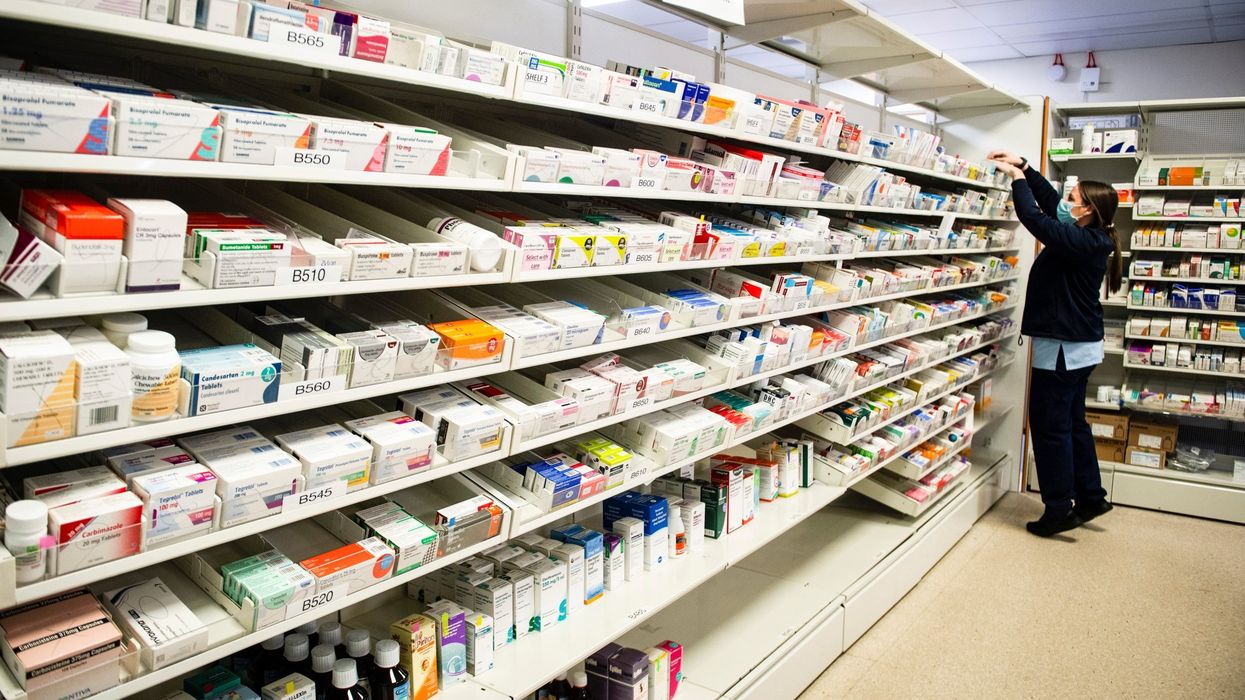Brexit blamed by BGMA CE, Mark Samuels, as UK faces critical shortages in generic drug supply
A recent report by the British Generic Manufacturers Association (BGMA) has shed light on ongoing supply challenges in England's generic medicines market, revealing significant issues impacting patient care.
The report highlights significant challenges faced in supply of medicines as currently, 51.72 per cent of generics in short supply lack licensed alternatives, posing substantial hurdles to ensuring continuous patient care.
Additionally, 39.08 per cent of affected generics are branded, indicating widespread disruptions across the market.
A notable 26.44 per cent of generics experiencing shortages have been affected for over six months, highlighting persistent difficulties in supply chain management.
The report indicates that 0.15 per cent of generic medicine presentations listed in the Drug Tariff are currently facing supply issues, impacting accessibility nationwide.
Of the generics affected, 2.05 per cent are classified as high impact, requiring significant clinical and operational interventions, while 0.41 per cent fall into the medium impact category, necessitating intensified management.
Mark Samuels, Chief Executive of the BGMA, expressed deep concern over the findings, emphasising the impact on patient health:
"Shortages are deeply worrying for patients' physical health, alongside the stress of uncertainty about essential medicine availability," he told The Guardian.
The survey conducted by Opinium for the BGMA also highlighted public experiences with medication access.
It revealed that 49 per cent of UK adults have faced difficulties obtaining prescribed medication over the past two years.
One in 12 people reported being unable to obtain needed medications despite visiting multiple pharmacies.
Thirty-one percent encountered drugs out of stock, and 23 per cent experienced inadequate supply at their local pharmacies.
The BGMA report underscores the persistent and complex nature of these supply challenges within England's healthcare system.
With a significant percentage of generics lacking alternatives and enduring shortages for extended periods, continuous monitoring and strategic interventions are crucial to mitigate risks to patient care.












